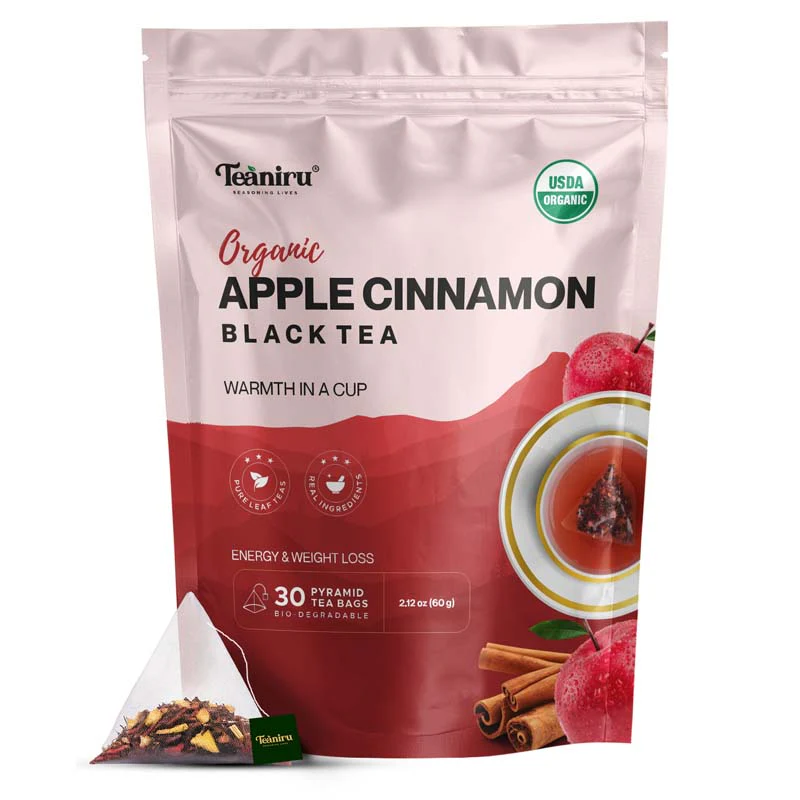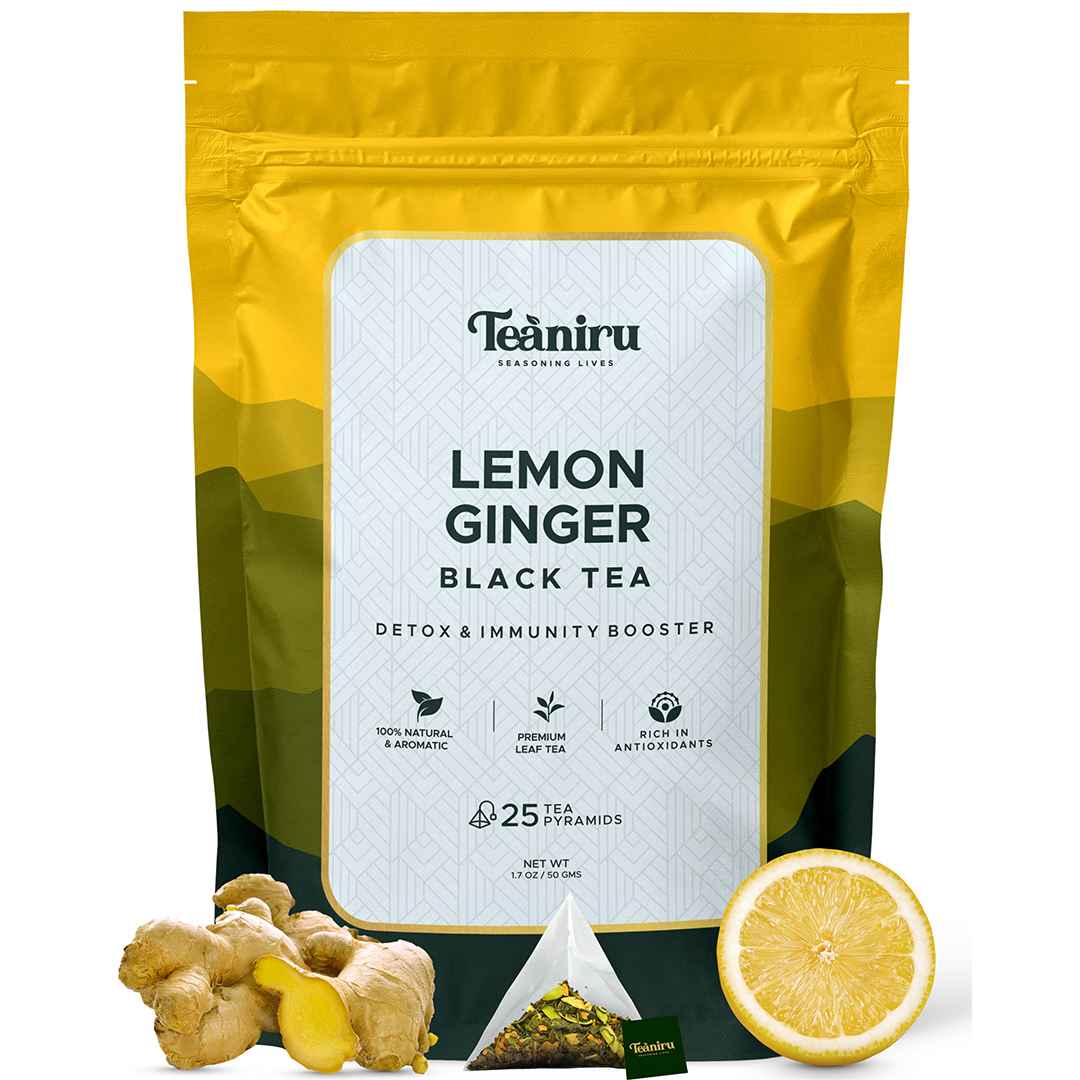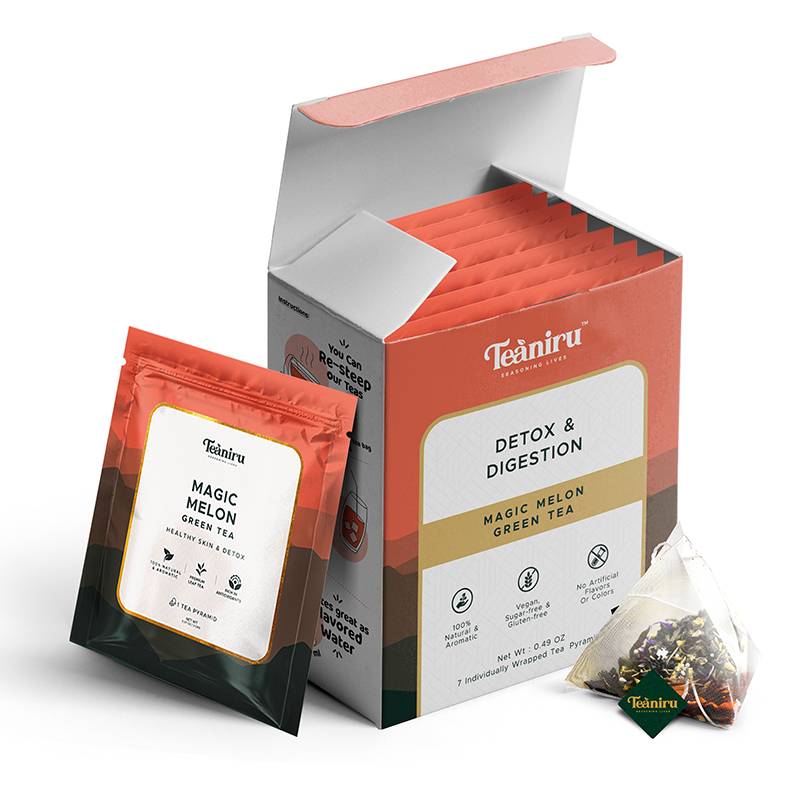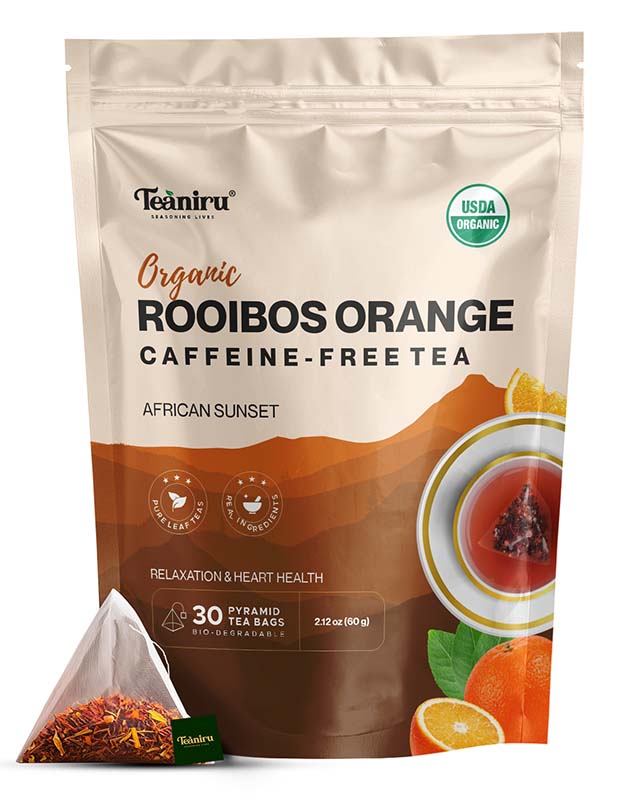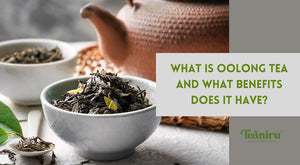You may also like
Holy basil tea, also known as basil tea, has been used as an ancient remedy for centuries. But now, modern wellness enthusiasts are discovering the incredible health benefits of this herbal tea, from improved digestion to enhanced immunity. It’s no wonder that holy basil tea is quickly becoming a popular drink among health-conscious individuals. In this blog post, we’ll explore the unique history of holy basil tea and its many benefits. Get ready to discover the secrets of holy basil tea and learn why it’s the perfect choice for your next cup of herbal tea!
What is Holy Basil Tea?
Holy Basil, also known as Tulsi, is a herb that is native to Southeast Asia and India. Holy Basil Tea is made by steeping the leaves and flowers of the Holy Basil plant in hot water. It is considered a herbal infusion and has been used in traditional Ayurvedic medicine for centuries due to its many health benefits.
The History and Tradition of Holy Basil Tea
Holy basil, also known as tulsi, has been used in traditional Ayurvedic medicine for thousands of years. In Hinduism, holy basil is considered sacred and is used in worship and as a symbol of purification. It is believed that regular consumption of holy basil tea can promote longevity, enhance cognitive function, and reduce stress.
Holy basil was first introduced to the western world by British colonizers who discovered its medicinal properties. It was traditionally used to treat respiratory problems, fevers, and headaches. In recent years, holy basil tea has gained popularity for its adaptogenic properties, which help the body adapt to stressors and promote overall well being.
Today, holy basil tea is widely available and consumed for its medicinal properties and refreshing taste. Its rich history and cultural significance have made it a staple in many cultures and communities around the world. From its ancient roots to modern wellness, holy basil tea continues to be a powerful ally in promoting health and wellbeing.
Nutritional Value and Health Benefits of Holy Basil Tea
For centuries, it has been used in Ayurvedic medicine as a natural remedy for a wide range of health issues. Holy Basil tea is rich in antioxidants and anti-inflammatory compounds, which makes it an excellent choice for anyone who wants to maintain good health naturally.
One of the key benefits of Holy Basil tea is its ability to reduce stress and anxiety. This tea has natural adaptogens that help the body adapt to stress and balance the nervous system. Drinking a cup of Holy Basil tea before bedtime can also improve the quality of sleep.
Holy Basil tea also helps to regulate blood sugar levels, which is beneficial for people with diabetes. It helps to lower the levels of blood sugar, which can lead to a more stable and healthier metabolism. This tea can also be used to improve digestion, as it can reduce bloating, indigestion, and gas.
Moreover, Holy Basil tea can help boost the immune system, protect against inflammation, and promote healthy liver function. This tea also has anti-cancer properties, making it an excellent choice for those who want to prevent cancer and other chronic diseases.
How to Make Holy Basil Tea
If you want to reap the benefits of Holy Basil Tea, making it at home is very easy. Here’s a simple recipe to try out:
- Use Fresh Holy Basil Leaves or Dried Leaves
- Boil water in a pot and remove from heat
- If using fresh leaves, take a handful of leaves and rinse them with cold water
- If using dried leaves, take a tablespoon of leaves
- Add the leaves to the pot and let them steep for 5 to 10 minutes
- Strain the leaves and pour the tea into a cup
- Add honey or lemon juice for taste, if desired
- Enjoy your homemade Holy Basil Tea
To add variety to your tea, you can experiment with different flavors and ingredients. You can add other herbs like mint or ginger, or sweeteners like stevia or agave nectar. Remember to store your Holy Basil Tea in an airtight container in the refrigerator to preserve its freshness.
Side Effects and Precautions of Holy Basil Tea
Although holy basil tea is generally safe and beneficial, there are a few potential side effects and precautions to be aware of. Firstly, individuals with hypoglycemia should exercise caution when consuming holy basil tea, as it may lower blood sugar levels.
Additionally, holy basil may interact with certain medications, such as those used to treat diabetes or blood clotting disorders. It is recommended to consult with a healthcare provider before using holy basil tea in conjunction with medication.
Moreover, holy basil tea should not be consumed in excessive amounts, as it may lead to upset stomach, nausea, or vomiting. Pregnant or breastfeeding women should also avoid consuming holy basil tea, as its effects on fetal development and milk production are unknown. Lastly, it is essential to source holy basil tea from a reputable supplier, as contaminated or adulterated tea can cause harm.
The Bottom Line
Holy Basil Tea is not just a tasty beverage; it also provides numerous health benefits that make it an excellent addition to your diet. This tea is packed with antioxidants, which help reduce oxidative stress and inflammation in the body.
It is also an excellent source of vitamins and minerals, including vitamin C,vitamin A ,calcium, and zinc, all of which are vital for overall health and well-being.
Moreover, Holy Basil Tea has been used for centuries in traditional medicine to treat various ailments, including stress, anxiety, and insomnia. While there is still limited scientific research on the effectiveness of this tea, anecdotal evidence suggests that it can provide relief for these conditions.
